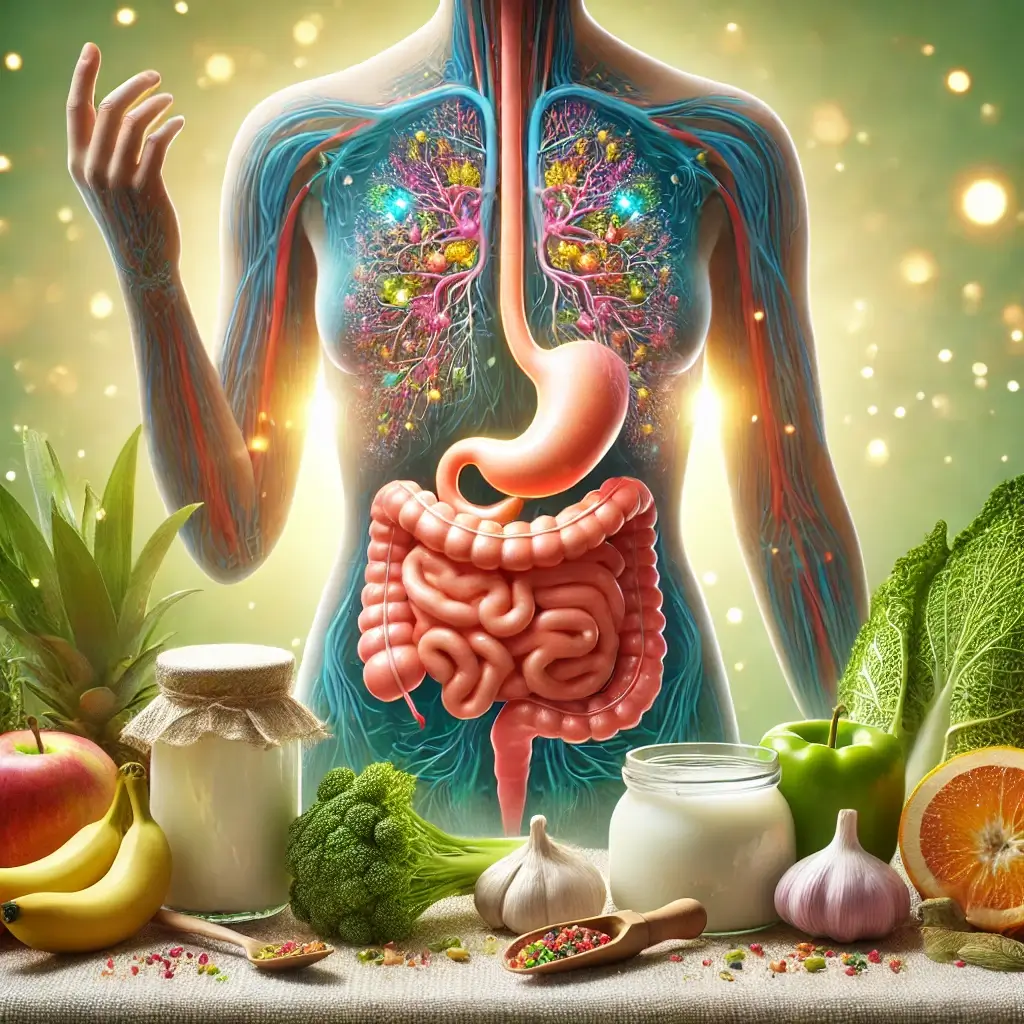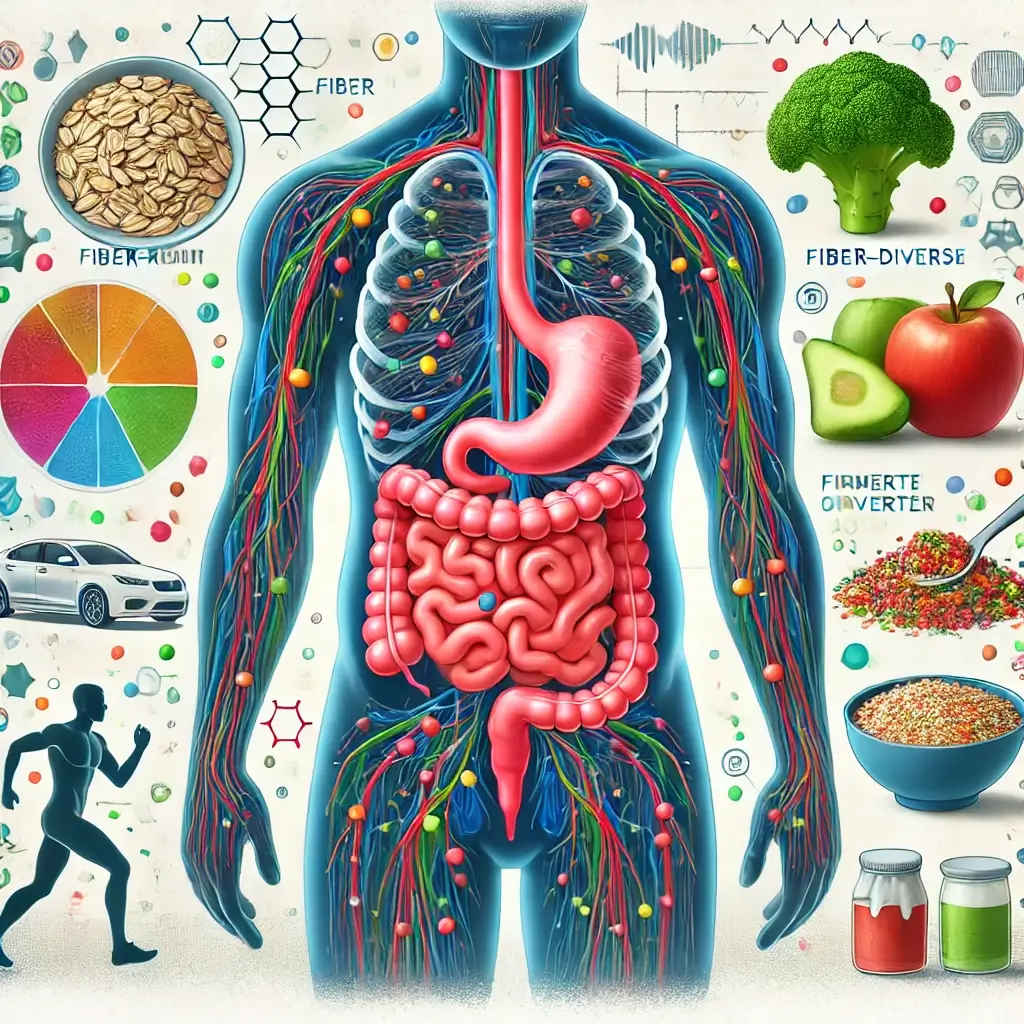The Liver is a Very Important Organ in the Digestive System
The liver, an essential organ in and of itself, greatly aids our digestive system, which is crucial to maintaining our health. It simplifies the food’s building blocks and subunits so that they can be absorbed into the body after breaking down. The formation of saliva, which contains enzymes known as amylase and aids in the digestion of carbohydrates and lipids, is the first step in the digestive process. Saliva is produced in the mouth.
Other stomach enzymes produce hydrochloric acid and pepsinogen, which transform into pepsin, trypsin, chymotrypsin, and phospholipase. Production by the pancreas and digest proteins and lipid molecules, respectively.
What Kind of Effect Does Alcohol Have on the Liver?
The human liver is the organ that takes up the most space within the human body. It is located on the right side of the abdomen, just behind the lungs, weighs around one and a half kilograms, and regulates many metabolic processes in the body.
The liver is responsible for producing hormones, enzymes, and proteins, as well as the breakdown of toxins and the regulation of fat metabolism.
Additionally, it plays a significant part in the digestive process. Additionally, the liver possesses the capacity to renew itself. On the other hand, if it is damaged for an extended time, as much as 75% of the organ can be lost.
Cleansing the Liver for the Treatment of Non-Alcoholic Fatty Liver Disease
Your body relies on the liver to rid itself of potentially dangerous toxins that have been circulating in the blood. In addition, it is responsible for producing vital enzymes and hormones that assist the body in functioning at its absolute best. Bile is an essential component of digestion. In addition, cholesterol and gamma globulin, two of the most essential proteins for your body, can be found in bile. The good news is that there are a lot of foods that can help you protect your liver from becoming hurt. Foods that naturally have a high concentration of the helpful bacteria known as probiotics are included below.
Probiotics can be found in plentiful supply in fermented foods such as sauerkraut, pickled vegetables, and kimchi. When your liver is damaged, however, consumption of these items should be kept to a minimum or at a minimum of moderation.
Early Detection of Liver Issues can be Treatable
Beets and vegetables in the cruciferous family are examples of foods that are beneficial to the liver.
The liver is able to more effectively repair cellular damage when it has access to betalains, a type of phytonutrient pigment found in abundance in beets. Pectin, which is found in beets, is a substance that encourages the elimination of toxins by the cells in your liver. Cruciferous plants, such as broccoli, cauliflower, and brussels sprouts, contain compounds known as glucosinolates that contain sulfur and are thought to prolong longevity.
Early detection of liver issues allows for more effective treatment of those problems.
Your healthcare professional will be able to assess the level of damage to your liver and identify the most effective course of treatment based on the results of laboratory tests. When you begin therapy, your primary objectives will be to halt the progression of the disease and protect the healthy tissue found in your liver. When you start treatment sooner rather than later, your chances of making a full recovery increase.
Natural Hormone Balance Depends on Liver Function
Your mental state and capacity to reason effectively are both impacted when you have liver illness. Additionally, it can result in an increase in bilirubin, which is a marker of damaged liver tissue.
The liver’s accumulation of the pigment bilirubin is what causes jaundice. Additionally, it may affect your blood pressure and immunity. Your body’s natural hormone balance depends on the function of the liver, which is responsible for assisting in its upkeep. Your body may be able to detoxify and rid itself of toxins with the assistance of a liver cleanse. Your liver will be able to function at a higher level if you cut back on processed meals, reduce the amount of alcohol you consume, and give your digestive system some rest.
Non-alcoholic Fatty Liver Disease
A solid program for detoxifying the liver should involve following a nutritious diet, taking vitamins, and engaging in natural therapy. Following these methods will help you achieve a liver that is free of toxins.
The disorder known as non-alcoholic fatty liver disease (NAFLD) is characterized by abnormal fat accumulation in the liver. It is quite prevalent in western nations and affects anywhere from 20 percent to 25 percent of the population in the United States. Although the non-alcoholic fatty liver disease may not pose an immediate threat to the patient’s life, if it is allowed to continue unchecked, it can lead to cirrhosis and even liver cancer.
Patients suffering from NAFLD are at an elevated risk of death from both liver-related and cardiovascular causes, and NAFLD is quickly becoming the major indication for liver transplantation. Learn more













